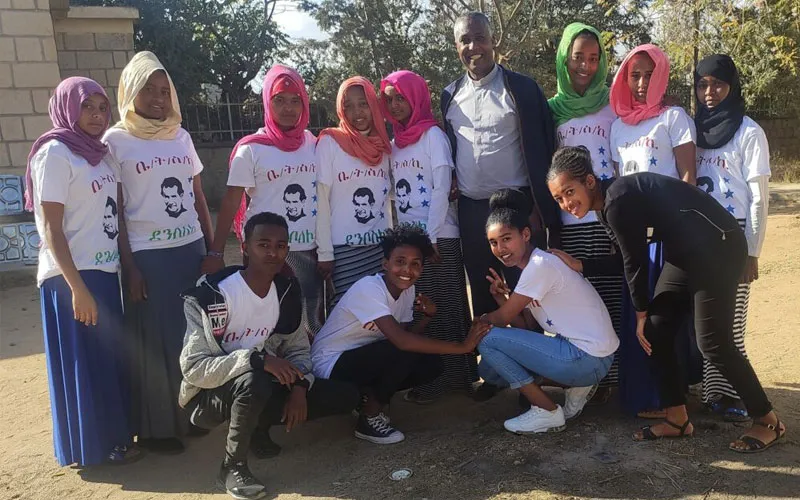Asmara, 19 June, 2021 / 7:50 pm (ACI Africa).
The U.S.-based development arm of the Religious Institute of the Salesians of Don Bosco (SDB), Salesian Missions, is facilitating self-sustainability initiatives at the Don Bosco Technical School in Dekemhare, a town located some 25 miles Southeast of Eritrea's capital, Asmara.
In a Monday, June 14 report obtained by ACI Africa, SDB members at the Eritrean Salesian institution say they have been able “to buy two cows and food items thanks to donor funding from Salesian Missions.”
“This is now three cows we have been able to buy with Salesian Missions funding and it’s greatly helping our program,” says Fr. Abba Petros Abraha, a Salesian missionary at the technical school.
Fr. Abraha adds, “The project of raising cows is so that we will have the income to sustain our community and our technical school. The vision is to be self-sufficient in the long run.”
“We have launched some initiatives like the production of furniture for sale and planting vegetables to reach our vision,” Fr. Abraha further says and continues, “We are also selling milk to our neighbors, which has been going well.”








